Search Definitions
Browse Content (p. 171)
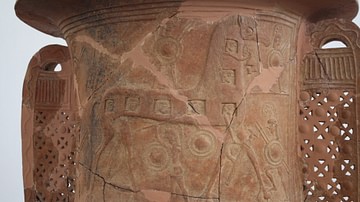
Definition
Trojan War
The Trojan War was fought between Greeks and the defenders of the city of Troy in Anatolia sometime in the late Bronze Age. The story has grabbed the imagination for millennia but a conflict between Mycenaeans and Hittites may well have occurred...

Definition
Roman Empire
The Roman Empire, at its height (c. 117), was the most extensive political and social structure in western civilization. Building upon the foundation laid by the Roman Republic, the empire became the largest and most powerful political and...
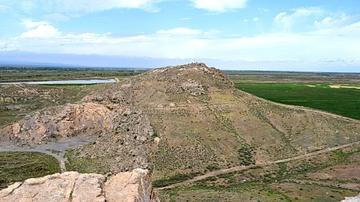
Definition
Artashat
Artashat (aka Artaxata) was the capital of Ancient Armenia from 176 BCE and remained so for over 300 years of the kingdom's history. Located just south of Armenia's modern capital Yerevan, according to the ancient historian Plutarch, the...

Definition
Pompeii
Pompeii was a large Roman town in Campania, Italy which was buried in volcanic ash following the eruption of Mt. Vesuvius in 79 CE. Excavated in the 19th-20th century, its excellent state of preservation gives an invaluable insight into Roman...

Definition
Mesrop Mashtots
Mesrop Mashtots (360/370 - c. 440 CE) invented the Armenian alphabet in 405 CE. Besides greatly increasing levels of literacy in the country, the language permitted ordinary people to read the Bible for the first time, thus helping to further...
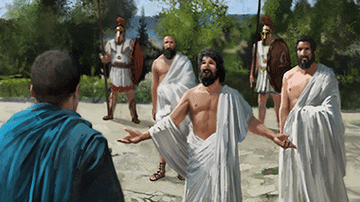
Definition
Ancient Greek Government
Ancient Greece witnessed a wide variety of government systems as people searched for the answers to such fundamental questions as who should rule and how? Should sovereignty lie in the rule of law, the constitution, officials, or the citizens...
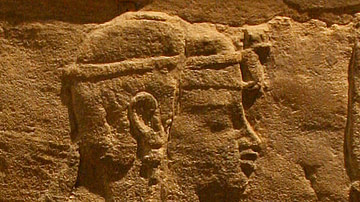
Definition
The Candaces of Meroe
The Candaces of Meroe were the queens of the Kingdom of Kush who ruled from the city of Meroe c. 284 BCE-c. 314 CE - a number of whom ruled independently c. 170 BCE-c. 314 CE - in what is now Sudan. The title Candace is the Latinized version...

Definition
Attila the Hun
Attila the Hun (r. 434-453 CE) was the leader of the ancient nomadic people known as the Huns and ruler of the Hunnic Empire, which he established. His name means "Little Father" and, according to some historians, may not have been his birth...

Definition
Phoenicia
Phoenicia was an ancient civilization composed of independent city-states located along the coast of the Mediterranean Sea stretching through what is now Syria, Lebanon and northern Israel. The Phoenicians were a great maritime people, known...
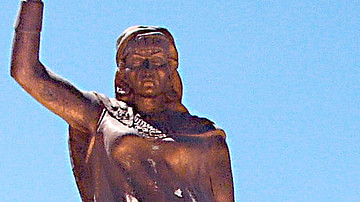
Definition
Kahina
Kahina (7th century CE) was a Berber (Imazighen) warrior-queen and seer who led her people against the Arab Invasion of North Africa in the 7th century CE. She is also known as al-Kahina, Dihya al-Kahina, Dahlia, Daya, and Dahia-al-Kahina...